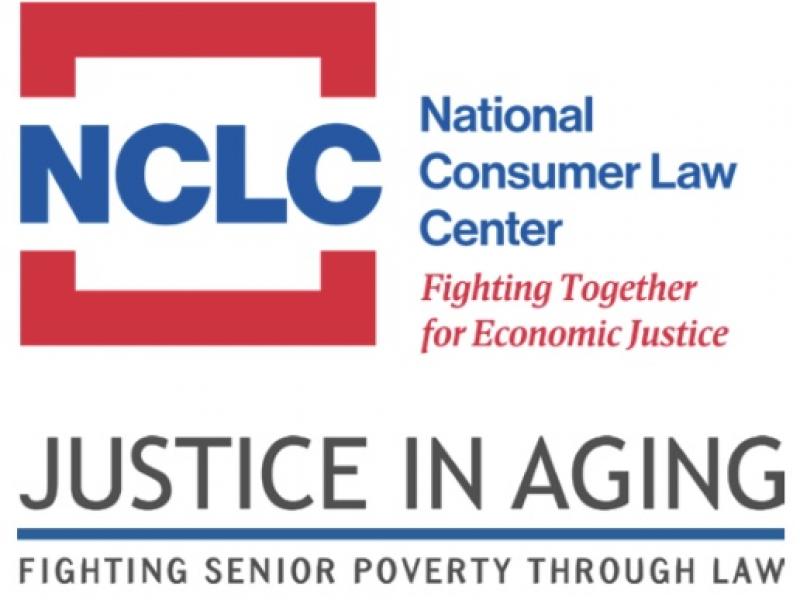
Document Author(s):
Year Published:
Region:
Tags:
Report: Mismatched and Mistaken: How the Use of an Inaccurate Private Database Results in SSI Recipients Unjustly Losing Benefits (Mancini, Lang, and Wu 2021)
In the fiscal year 2018, the Social Security Administration (SSA) began using a data set from LexisNexis (Lexis) called Accurint for Government on a widespread basis to determine whether recipients of needs-based government assistance had unreported real property that could disqualify them from the receipt of such benefits. Since the advent of SSA’s use of the Accurint for Government (Accurint) product, advocates representing individuals receiving Supplemental Security Income (SSI) benefits reported significant problems with clients being falsely accused of owning real property. People who relied on SSI to survive received letters from SSA suspending their benefits or assessing an overpayment based on supposedly owning real property that puts them over the resource limit. Often the suspension letter did not even identify the alleged real property at issue. Too often, the data relied upon was inaccurate. Vulnerable SSI recipients, who are by definition either disabled or elderly and extremely low income, we're forced to prove a negative— prove that they do not own the real property—to the satisfaction of the employees in their local SSA office. And even worse, they may lose their benefits or face an offset for alleged overpayment during that appeal process, depending on the timing of their appeal.
In this report, the National Consumer Law Center and Justice in Aging examined the use of Accurint by SSA offices around the nation to suspend SSI recipients from receiving benefits. The report made the following recommendations related to their evaluation of Accurint and the accuracy standards employed by Lexis.
Recommendations:
- Lexis should acknowledge that Accurint for Government is a consumer report and should implement stricter matching standards to ensure maximum possible accuracy.
- SSA should stop using Accurint until stricter matching criteria are put in place.
- SSA should recognize that because the Accurint search is a consumer report, it must issue a notice of adverse action as required by the FCRA.
- SSA should ensure that local offices conduct an independent investigation before suspending benefits or taking any other adverse action.
- SSA should ensure that local offices properly protect recipients’ due process rights.
- SSA should enhance its due process protections to allow for continuing benefits pending the outcome of any appeal of a benefits suspension based on non-home real property that is submitted within 60 days of the benefits suspension notice.
- SSA should translate the relevant notices, and LexisNexis should translate the Accurint report, into the top languages spoken by consumers who have limited proficiency in the English language.
The federal government bought data from LexisNexis with the purported goal of reducing improper SSI payments to individuals who own unreported non-home real property. This report found that LexisNexis and SSA were trying to evade coverage of the key consumer protection statute designed to prevent the kind of harm one might expect to see in the market for the sale of data: inaccurate information.
By arguing that Accurint for Government is not a consumer report, Lexis evaded its obligation to ensure maximum possible accuracy of the information contained in its reports and provide a pathway for disputes of inaccurate information, and SSA evaded its obligation to provide notices when adverse actions are taken based on the data in these reports. The population impacted by this data matching program represents some of the most vulnerable in society—elderly people and people with disabilities living on basic subsistence income. When they are cut off from that income based on an inaccurate real property match, it puts at risk their housing, food security, and physical and mental health. According to this report, the Constitution and the Fair Credit Reporting Act require that they be afforded better protection than the current SSA-Accurint data matching program provides. LexisNexis and the SSA must be held accountable to make changes quickly.
Recommended Citation: Sarah Mancini, Kate Lang & Chi Chi Wu, Mismatched and Mistaken: How the Use of an Inaccurate Private Database Results in SSI Recipients Unjustly Losing Benefits (2021), https://www.nclc.org/images/pdf/credit_reports/RptMismatchedFINAL041421.pdf (last visited Aug 13, 2021).